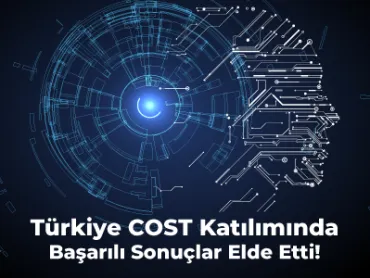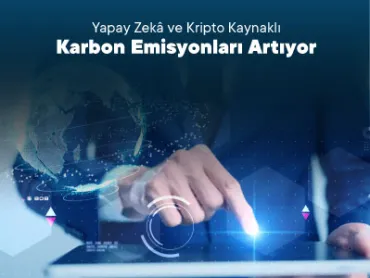
As of August 1, 2024, the Artificial Intelligence Act (AI Act) came into force in Europe. This law aims to promote responsible AI development and deployment in the EU.
Proposed by the Commission in April 2021 and adopted by the European Parliament and the Council in December 2023, the AI Act addresses potential risks to citizens' health, safety, and fundamental rights. It provides clear requirements and obligations for certain uses of AI while reducing administrative and financial burdens for developers, distributors, and businesses.
The Artificial Intelligence Act introduces a uniform framework for all EU countries, based on a forward-looking definition of AI and a risk-based approach. These include;
- Minimal risk: Most AI systems, such as spam filters and AI-powered video games, do not face any obligations under the AI Act, but companies can voluntarily adopt additional codes of conduct.
- Certain transparency risk: Systems such as chatbots must inform users that they are interacting with a machine, and certain AI-generated content must be labeled as such.
- High risk: High-risk AI systems, such as AI-based medical software or AI systems used for recruitment, must comply with strict requirements, including risk mitigation systems, high-quality data sets, clear user information, human oversight, etc.
- Unacceptable risk: For example, AI systems that allow "social scoring" by governments or companies are considered a clear threat to people's fundamental rights and are therefore banned.
The European Union aims to be a global leader in the field of secure artificial intelligence. By developing a strong regulatory framework based on human rights and fundamental values, the Union is therefore developing an AI ecosystem that benefits everyone. This means better healthcare, safer and cleaner transportation and improved public services for citizens. This can lead to innovative products and services, especially in energy, security, and health, as well as higher productivity and more efficient production for businesses, while governments can benefit from cheaper and more sustainable services such as transport, energy, and waste management.
Recently, the Commission launched a consultation on a 'Code of Practice' for providers of general purpose Artificial Intelligence (GPAI) models. These rules, foreseen by the AI Act, address critical areas such as transparency, rules on copyright, and risk management. GPAI providers operating in the EU, businesses, civil society representatives, rights holders, and academic experts are invited to contribute to the Commission's draft 'Code of Practice' on GPAI models and to submit their views and findings.
The provisions of the GPAI will enter into force within 12 months. In this context, the Commission envisages that the implementing guidelines will be finalized by April 2025. In addition, feedback from the consultation will also inform the work of the Artificial Intelligence (AI) Office, which will oversee the implementation and enforcement of the AI Act's rules on GPAI.
 Back
Back







